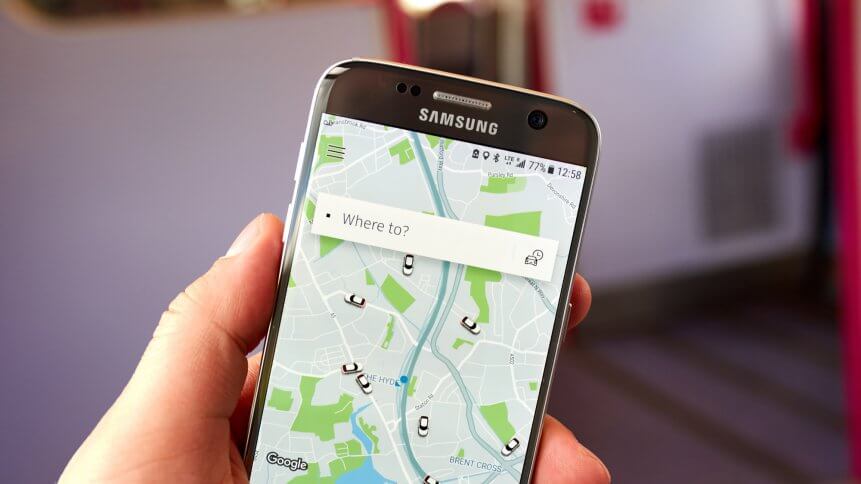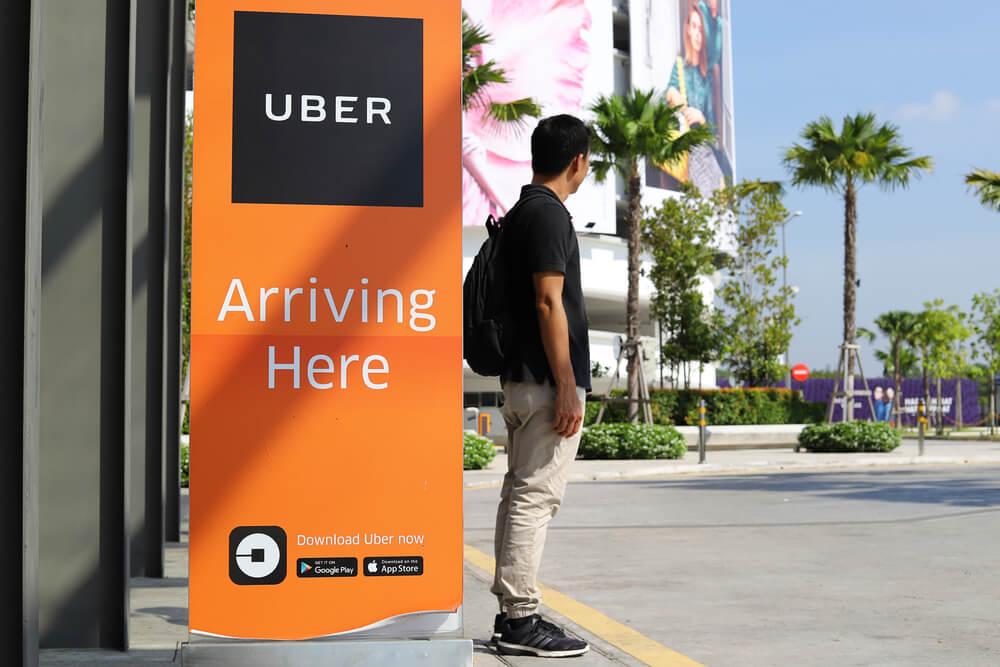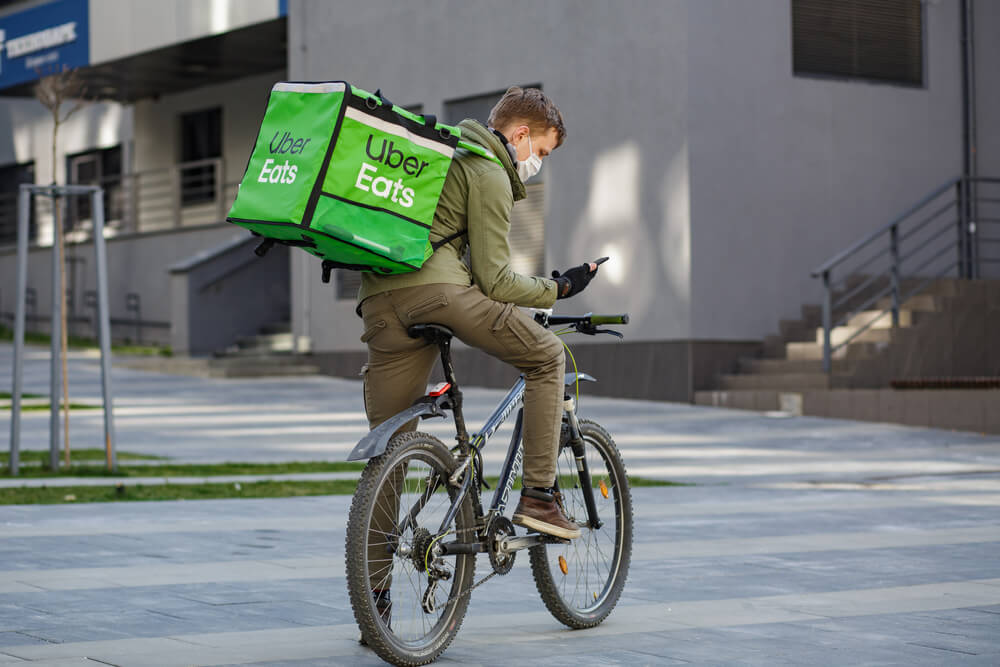Uber buys Autocab in bid to expand ridesharing empire

- Uber will expand its reach in the UK and other regions with Autocab
- Uber saw an 80% drop in ride-hailing amid the pandemic but a surge for delivery services
Reports that Uber has bought UK-based tech company Autocab, signaling the direction the ride-sharing giant is now heading towards. Autocab is a SaaS company that sells booking and dispatch software to ground transportation businesses, and this deal could see Uber expanding its services out to new territories where it doesn’t currently operate.
Uber’s Northern and Eastern European regional general manager, Jamie Heywood weighed in on the buyout to Reuters: “Autocab has worked successfully with taxi and private hire operators around the world for more than thirty years, and Uber has a lot to learn from their experience.”
The acquisition will see Uber strengthening and expanding its UK market, growing from the software’s availability in 40 locations to almost 170, with similar plans in other markets. In a press release, Uber said; “every month thousands of people open the Uber app in places the company doesn’t operate to try to get a trip.” Using Autocab’s iGo marketplace, it said, will enable Uber to connect those riders with local operators who choose to take their booking.

Uber acquisition of Autocab will lead to new opportunities. Source: Shutterstock
Through Autocab’s iGo marketplace, Uber will be able to connect these riders with local operators who choose to take their booking. In turn, operators should be able to expand their operations and offer more earnings opportunities to local drivers. The ride-hailing titan will also explore providing drivers with additional revenue opportunities related to its platform for other services, such as delivery.
According to Bloomberg, the integration of Autocab’s software won’t be operational in London, or in markets where Uber is already in use. Instead, it will help to secure business in the ‘provinces’ and hold off the emergence of possible rival startups within them.
Expansion in services
The deal could help Uber reclaim its grip on the rideshare market as services begin to open up, but can also help boost the firm’s ever-expanding services, Uber Eats and Uber Freight.

Uber Eats saw a spike in demand amid the pandemic. Source: Shutterstock
While the pandemic has proven a challenge for ride-sharing, it has stimulated demand for other parts of the business — Uber announced it would launch a grocery delivery service in July 2020 due to the surge in consumer demand for its food dispatch services. The global health crisis placed a near-halt to all traveling, and Uber certainly felt the pinch of this — rides dropped about 80%. The disrupted ride-hailing market gave Uber solid reasons to expand its revenue streams and diversify its portfolio.
Last month, Uber acquired food-delivery startup Postmates in a US$2.6 billion deal, part of the company’s continuous effort to lead in the food delivery segment as Uber Eats experienced a soar in usage, with gross bookings of US$4.68 billion.









